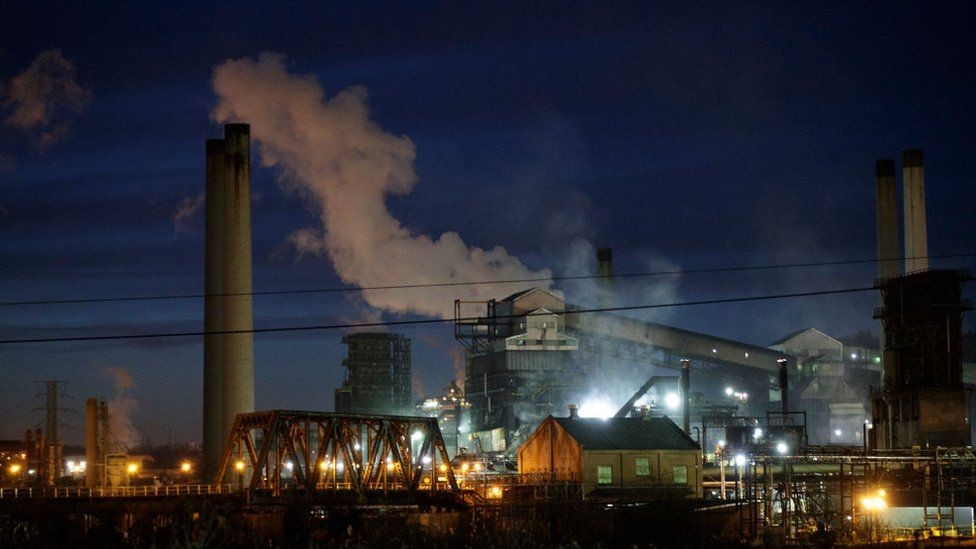The acquisition would settle concerns regarding the future of the illustrious US company and establish one of the largest steel firms in the world outside of China.
Since August, when it turned down a smaller, unsolicited bid from a rival in the US, it has been searching for a buyer.
The United Steelworkers union deemed the agreement “shortsighted” and declared that it would attempt to thwart the acquisition.
At its peak, US Steel—founded in 1901 by global titans Andrew Carnegie and JP Morgan—ranked among the largest corporations globally, propelled by the industrialization and expansion of the United States.
However, in the face of less expensive foreign competition, its supremacy has waned over decades, much like that of the larger US steel industry.
More than 22,000 individuals are employed by it worldwide, with more than 14,000 of those being in the US.
The larger Nippon claimed that by increasing its presence in the US, where the industry is anticipated to grow due to recent government expenditures in infrastructure and electric automobiles, the acquisition would improve its long-term growth prospects.
Nippon declared that it will uphold its agreements with US Steel union employees under current contracts and that it would keep its name, logo, and Pittsburgh headquarters.
Chief executive of US Steel David Burritt stated, “[Nippon has] a proven track record of acquiring, operating, and investing in steel mill facilities globally,” and he expressed confidence that the combination was “best for all”.
“Today’s announcement also benefits the United States – ensuring a competitive, domestic steel industry, while strengthening our presence globally,” he stated.
However, the union that represents steelworkers declared that it was opposed to the company being acquired by a foreign entity.
“We remained open throughout this process to working with US Steel to keep this iconic American company domestically owned and operated, but instead it chose to push aside the concerns of its dedicated workforce and sell to a foreign-owned company,” stated David McCall, president of the United Steelworkers.
“To say we’re disappointed in the announced deal between US Steel and Nippon is an understatement, as it demonstrates the same greedy, shortsighted attitude that has guided US Steel for far too long.”
In the second or third quarter of the following year, US Steel stated that it anticipated the purchase to be finished.
The agreement has already been accepted by the boards of both firms and will now be presented to shareholders and authorities.
Nippon has agreed to pay $55 per share and assume the company’s debt under the conditions disclosed on Monday; the purchase is valued at $14.9 billion in total.
The agreement places the value of US Steel’s shares at more than twice what they were worth at the start of the review.
Additionally, it exceeds the more than $7 billion offer from US-based Cleveland Cliffs, which the union had backed.
According to Mr. McCall, the union would ask authorities to closely examine the deal in order to determine whether it “serves the national security interests of the United States and benefits workers”.
In order to safeguard the domestic sector, the union has shown itself to be a potent political force in recent years, influencing former US President Donald Trump to impose tariffs on steel imports from numerous foreign nations.
While rolling back some of the policies, notably those on Japan, President Joe Biden has maintained many of them in place.
The entry of Nippon into the US steel market is expected to increase competition and may eventually result in layoffs, according to analyst Gerald Johnson, CEO of GLJ Research.
However, given the high price that Nippon has agreed to, Mr. Johnson said he did not anticipate the government to oppose the agreement, even if it is expected to scrutinize it.
Following the announcement, Nippon’s shares dropped while those of US Steel increased.
Mr. Johnson stated that Nippon was “grossly overpaying” and pointed out that US steel has been “underperforming” for a considerable amount of time.





